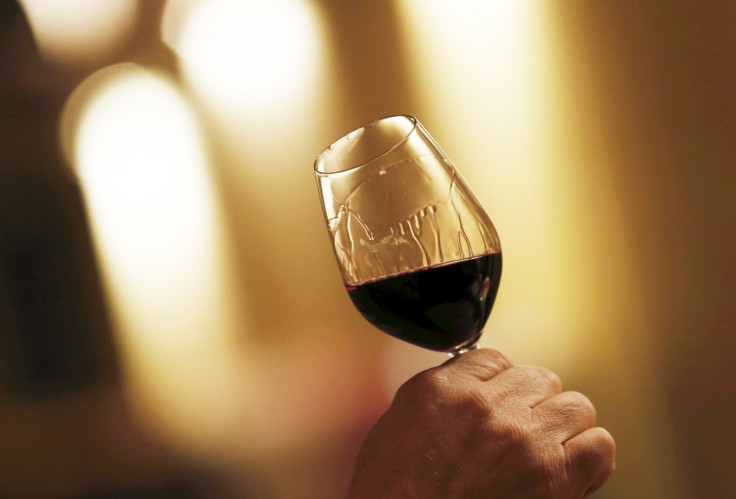Dry January isn't enough - one month without alcohol doesn't cut it
At the Priory, we say if you want to be a controlled drinker, you need to be off alcohol for three months.

Dry January makes many people pause and think about their drinking habits, and where they do most of their drinking – after work, at office functions, at home. As a concept, it's partly based on the premise of social contagion. You'll find more people not drinking in January than at other times. That herd mentality can be supportive.
If people have a serious alcohol problem, however, being 'dry' for just one month doesn't cut it. Very often, if men and women 'white knuckle' it through January not drinking, they are back on the booze with a vengeance afterwards. They are not looking at the impact on their work, their relationships.
I know compulsive drinkers who have stopped for several Januarys in years gone by, but just counted the days until February. They are drinking enough to affect their lives and for people around them to notice - a work colleague, a spouse, a friend. That's the test.
They think 'because I have stopped, I can stop anytime'. It's rarely the case.
At the Priory, we say that if you want to be a controlled drinker, you need to be off alcohol for three months. It takes a lot to recognise you have a problem in the first place, and then to be at social functions where other people are drinking and you're not - that's a massive challenge. You need to learn a new dialogue to explain why you're not drinking, and be comfortable with it. That takes a bit of learning, longer than a month.
The vast majority of people who struggle with alcohol don't necessarily look like they have a problem. People often come to me insisting 'no one at work knows about my alcohol problem', but as they come through treatment it emerges that alcohol has often caused them quite significant work problems for years. I saw a patient recently who was drinking significant quantities of wine out of a plastic sports bottle at his desk.
So if you think your drinking is problematic enough that you are thinking about not drinking in January, should you be thinking about stopping altogether or getting professional advice? You need to ask yourself: 'Is it really possible for me to be a moderate drinker?' Everybody wants to be a moderate, social drinker. The truth is, some people can't be.
People often come to me insisting 'no one at work knows about my alcohol problem', but as they come through treatment it emerges that alcohol has often caused them quite significant work problems for years.
Some people think Dry January gives the message that a month of abstinence does away with the need for regular breaks from drinking. People think they can just repair liver damage in a month, but you need to know what your liver readings are in the first place.
If you are in the early stages of alcoholic hepatitis, say, and you stop for a month, when you resume your drinking, your liver function will very quickly become abnormal again.
Alcoholic hepatitis may be the first time you're aware you're damaging their liver through alcohol. The liver damage associated with mild alcoholic hepatitis is usually reversible if you stop drinking permanently. Severe alcoholic hepatitis is a serious and life-threatening illness. Many people die from the condition each year in the UK.
Regular heavy drinking can also take its toll on your heart, brain and pancreas. Undoing damage to these will take much more than a month.
As a nation, we're submerged in alcohol. But employers need to do more. Drinking is a social lubricant, especially in the workplace and when it comes to sealing deals and networking, but firms often don't want to address its consequences.
So while Dry January is undoubtedly useful, it's less beneficial perhaps than a New Year's resolution of keeping your consumption of alcohol under the recommended guidelines – 14 units a week for men and women. (A large wine glass can hold nearly three units or more alone.) Or giving up alcohol altogether if necessary.
Dr Niall Campbell is a consultant psychiatrist, based at the world-famous Priory Hospital in south-west London, and is one of the UK's leading experts on alcohol addiction
© Copyright IBTimes 2024. All rights reserved.







